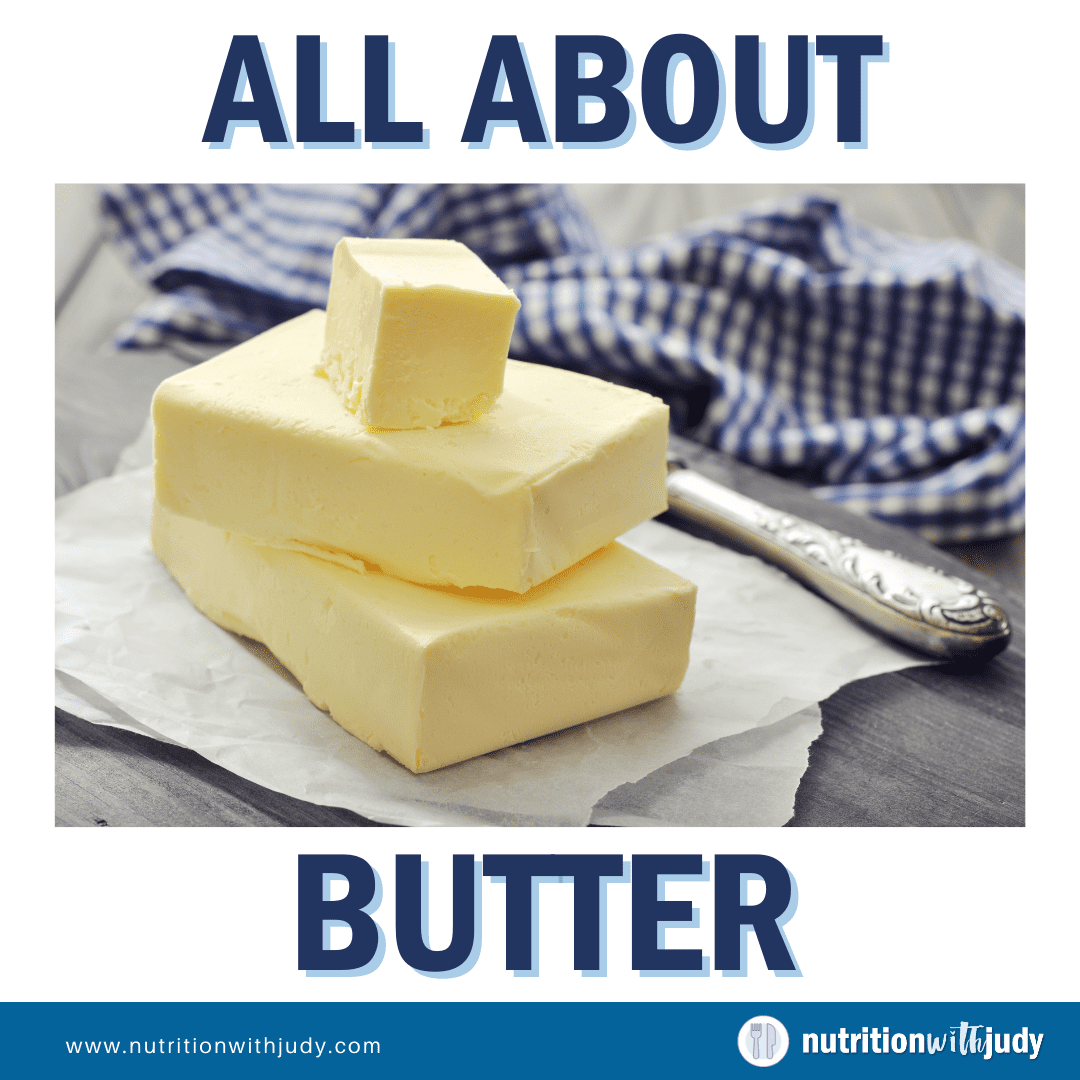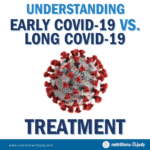

All About Butter


Original Publish Date: 6/25/22
The Demonization of Butter
In 2014, Time Magazine came out with an article that shares how butter isn’t bad for you. While the article came out eight years ago, it’s still taking a lot of reeducation to learn that butter is actually good for you.
In Costa Rica, I could not find any whole milk at the grocery stores. All the foods proudly advertised low fat in the milk and dairy products.
Here’s an excerpt from the Times Article:
“For decades, it has been the most vilified nutrient in the American diet. But new science reveals fat isn’t what’s hurting our health.”
In 1977, a Senate committee led by George McGovern published its landmark “Dietary Goals for the United States,” urging Americans to eat less high-fat red meat, eggs, and dairy and replace them with more calories from fruits, vegetables, and especially carbohydrates.
By 1980 that wisdom was codified. The U.S. Department of Agriculture (USDA) issued its first dietary guidelines, and one of the primary directives was to avoid cholesterol and fat of all sorts.
The National Institutes of Health recommended that all Americans over the age of 2 cut fat consumption, and that same year the government announced the results of a $150 million study, which had a clear message: Eat less fat and cholesterol to reduce your risk of a heart attack.
We were embarking on a “vast nutritional experiment,” as the skeptical president of the National Academy of Sciences, Philip Handler, put it in 1980. But with nearly a million Americans a year dropping dead from heart disease by the mid-’80s, we had to try something.”
Nearly four decades later, the results are in: the experiment was a failure.
The Health Impact of Demonizing Butter and Saturated Fats
We cut the fat, but by almost every measure, Americans are sicker than ever. The prevalence of Type 2 diabetes increased by 166% from 1980 to 2012. Nearly 1 in 10 American adults has the disease, costing the health care system $245 billion a year, and an estimated 86 million people are prediabetic.
Deaths from heart disease have fallen– a fact that many experts attribute to better emergency care, less smoking, and widespread use of cholesterol-controlling drugs like statins– but cardiovascular disease remains the country’s No. 1 killer.
Even the increasing rates of exercise haven’t been able to keep us healthy. More than a third of the country is now obese, making the U.S. one of the fattest countries in an increasingly fat world.
“Americans were told to cut back on fat to lose weight and prevent heart disease,” says Dr. David Ludwig, the director of the New Balance Foundation Obesity Prevention Center at Boston Children’s Hospital. “There’s an overwhelmingly strong case to be made for the opposite.”
But making that case is controversial, despite the evidence to support it. The vilification of fat is now deeply embedded in our culture, with its love-hate relationship with food and its obsession with weight.
It has helped reshape vast swaths of agriculture, as acre upon acre of subsidized corn was planted to produce the sweeteners that now fill processed foods. It has changed business, with the market for fat replacers– the artificial ingredients that take the place of fat in packaged food–growing by nearly 6% a year. It’s even changed the way we talk, attaching moral terms to nutrients in debates over “bad” cholesterol vs. “good” cholesterol and “bad” fat vs. “good” fat.”
You can read the full Time’s article, here.
Many on a meat-only or meat-based carnivore diet are still afraid of larger amounts of fat. Why? It was never the issue.
I feed my children a high-fat diet. Their brains need it and their hormones (testosterone) need it. Animal fats are a highly necessary component of the human diet. We need animal fats to thrive.
In health,
Judy



